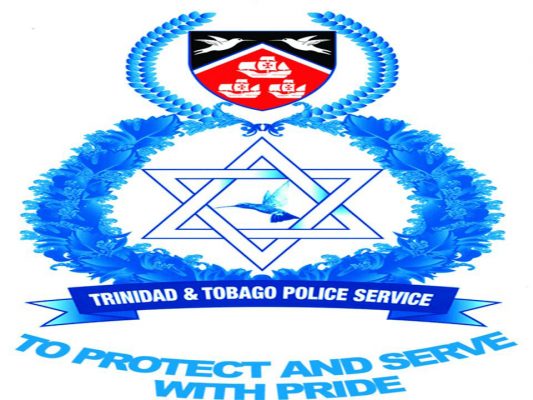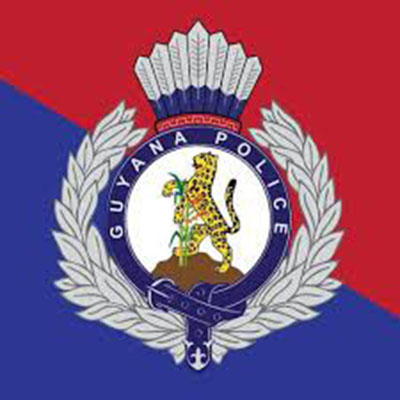Within a matter of weeks, revelations surfacing here in Guyana and in Trinidad & Tobago point to what would appear to be similar challenges being faced by law enforcement in the two CARICOM countries arising out of indications that policemen may be playing a role in facilitating the pursuits of criminals.
In Trinidad & Tobago where the crime challenge appears to be markedly more pronounced, the authorities are becoming increasingly perplexed over the high incidence of what is believed to be the linkage between high profile businessmen from parts of the twin-island Republic and serious crimes and the strong likelihood that policemen are providing ‘cover’ for their criminal activities.
Last Tuesday the Trinidad Guardian ran a story reporting that “close to 40 prominent businessmen” from “south, central and east Trinidad” are closely tied to a range of crimes including drug and human trafficking, gun running and a much wider assortment of highly profitable illegal activities. The Trinidad and Tobago police, the Guardian report says, has taken the step of naming names in an intelligence report, a move which, arguably, points to the extent of national concern over the issue.
 No less worrisome is the assertion that the businessmen whose pursuits are not entirely legitimate are benefitting from protection in exchange for payments to “some members of the T&T Police Service.”
No less worrisome is the assertion that the businessmen whose pursuits are not entirely legitimate are benefitting from protection in exchange for payments to “some members of the T&T Police Service.”
The particular “intelligence” to which the Guardian refers states that the alleged ‘crooked’ businessmen are among 100 “people of interest” who have been named in a confidential 2019 police intelligence report which the Guardian says it has in its possession though it declines to state the names of the persons fingered in the report.
What the Guardian says, however, is that the report is the culmination of “months of probing and surveillance” by intelligence-gathering functionaries with the country’s police service and that the exercise was intended to “identify “persons of interest who were allegedly involved in criminal activity using the guise of legitimate businesses or have directors in these businesses that are inclined to criminal activity.”
It appears, according to the Guardian, that the police in Trinidad and Tobago have become quite desperate to roll back the tide of what it describes as “nefarious underworld activities” that have reportedly been fuelling spiralling crime levels in the country. The shady businessmen, the Guardian says, “have formed symbiotic relationships with the underworld to rake in millions and are contributing to the rising homicides and increased lawlessness now pervading the country.”
An integral part of these pursuits, the Guardian says, is the use of registered businesses as fronts from which to run lucrative prostitution and human trafficking rings.
But perhaps the biggest worry is manifesting itself in terms of ‘the enemy within’ – crooked law-enforcement functionaries – who, it seems, have been aiding and abetting the businessmen in their engagement in rackets involving sex slavery in exchange for being on their payrolls. The policemen, reportedly, play crucial roles in ensuring that ongoing criminal pursuits go undisturbed by law enforcement intervention and protect the masterminds from legal sanction.
Here in Guyana the nature and scale of criminal activity including violent crime may not match what obtains in Trinidad and Tobago though the local Police Force has also come in for scrutiny over allegations of being in league with criminal elements. In June, in what up until now has been one of the more high profile cases of its kind, the country’s Crime Chief, Lyndon Alves, who holds the rank of Deputy Commissioner of Police, was suddenly sent on administrative leave pending the outcome of an investigation into the recent exposure of a network of alleged corruption in the Guyana Police Force’s ‘B’ Division.
Alves’ suspension came shortly after a protracted period of official silence over reports of corruption-related activities in the ‘B’ Division that had been corroborated by several policemen. Among the most recent reports was one alleging links between a now deceased murder accused and several police ranks. One of the allegations asserted that the cellular numbers of several policemen were found stored in the mobile phone of the deceased man.
Reports had also surfaced that two police ranks who had been connected to the corruption scam in Berbice had also been linked to a plot to kill another policeman – a task for which they had already been paid.
In both Guyana and Trinidad and Tobago there is a widespread public belief that there exists pockets of corruption in the policing systems and that these are linked to the disparity between the amount of influence wielded by policemen and the relative paucity of their wages. While links with the criminal underworld are not believed to be anywhere near as pronounced in Guyana as in Trinidad and Tobago, policing elements in Guyana, particularly in the administration of traffic, are widely believed to be ‘on the take,’ benefitting from the indiscretions committed predominantly by minibus operators.
In both countries, ‘crooked’ cops are believed to be undermining law enforcement at a time when the region as a whole is under pressure to raise its game to meet their respective national policing needs at a time of growing crime challenges in the Caribbean.





